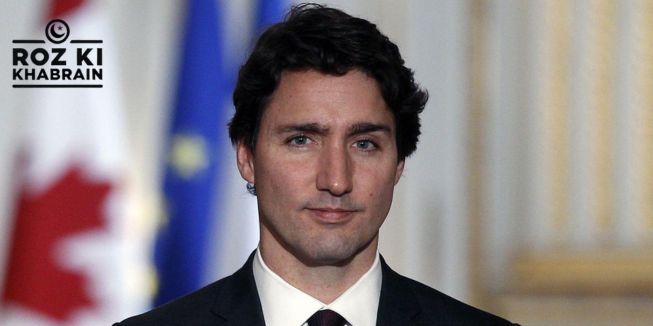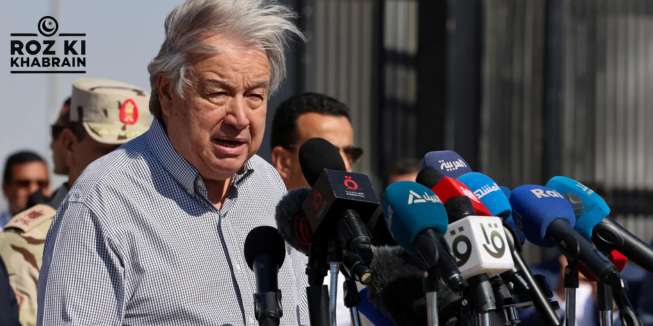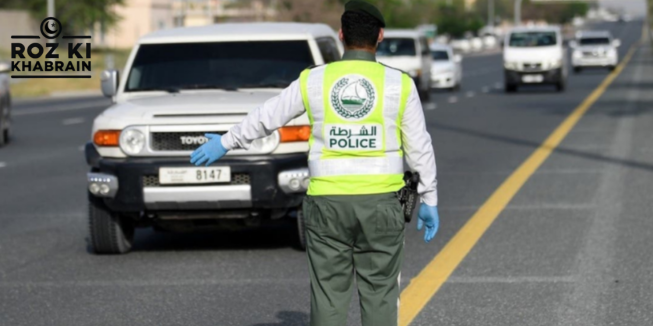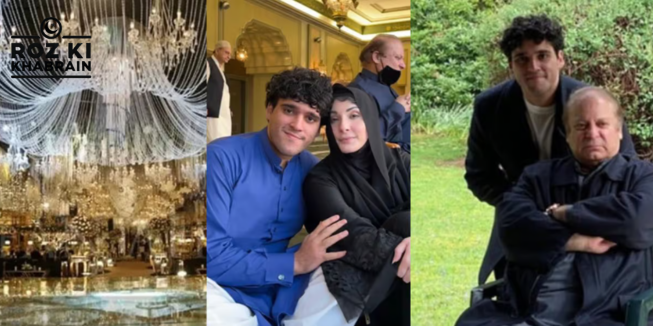OTTAWA: Prime Minister Justin Trudeau has criticized the Indian government for making a “fundamental error” in believing they could support criminal activities against Canadians within Canada, emphasizing that his administration’s decision to expel six Indian diplomats stemmed from New Delhi’s lack of cooperation in ongoing criminal investigations.
On Monday, Canada expelled six Indian diplomats, including the high commissioner, alleging their involvement in the murder of a Sikh separatist leader and their role in targeting Indian dissidents residing in Canada.
The Canadian government presented evidence to India last week, indicating that high-ranking diplomats were implicated in assassination plots, sources reported.
In a media briefing on Tuesday, Trudeau stated that Canada continues to seek India’s cooperation with the Royal Canadian Mounted Police (RCMP) in investigations regarding violent incidents and coercive behavior linked to Indian government agents.
“We now have clear and compelling evidence that agents of the Indian government have engaged and continue to engage in activities posing a significant threat to public safety,” Trudeau said during a news conference.
He described these activities as involving covert information-gathering methods, coercive behavior, targeting South Asian Canadians, and being associated with over a dozen threatening and violent acts, including murder.
“This is unacceptable,” he asserted.
Trudeau further remarked, “The government of India made a fundamental error in thinking they could support criminal activity against Canadians on our soil, whether it involves murders, extortion, or other violent acts,” referencing the allegations made by Canadian federal police against Indian intelligence.
India responded to these claims by withdrawing its envoy to Canada and rejecting what it termed the “preposterous imputations” made in a diplomatic communication, accusing Trudeau of pursuing a “political agenda” focused on “vote bank politics.”
In retaliation, India ordered the expulsion of six senior Canadian diplomats, including the acting high commissioner, and announced the withdrawal of its envoy from Canada.
This diplomatic dispute marks a significant downturn in relations between the two Commonwealth nations. Relations have been strained since Trudeau stated last year that he possessed evidence linking Indian agents to the assassination of Sikh leader Hardeep Singh Nijjar on Canadian territory.
India has consistently denied Trudeau’s allegations. On Monday, it dismissed Canada’s inquiry and accused Trudeau of pursuing a political agenda.
The Royal Canadian Mounted Police previously stated that the Indian government had initiated a widespread campaign against Indian dissidents, which included homicides and extortion. The police reported that organized crime was used to target the South Asian community in Canada and to interfere with democratic processes.
“The decision to expel these individuals was made after careful consideration and only after the RCMP gathered substantial, clear, and concrete evidence identifying six individuals as persons of interest in the Nijjar case,” the foreign ministry noted in a statement.
India announced that it had asked six Canadian diplomats to leave by Saturday and summoned Acting High Commissioner Stewart Wheeler, Canada’s top diplomat in India.
The Indian foreign ministry explained that the expulsion was due to a lack of confidence in the Canadian government’s ability to guarantee the safety of the diplomats involved.
“We have no faith in the current Canadian government’s commitment to ensure their security. Therefore, the Government of India has decided to withdraw the High Commissioner and other targeted diplomats and officials,” stated India’s foreign ministry.
Major Rupture
Canada’s Foreign Minister Melanie Joly indicated that the government had requested India to remove the diplomatic immunity of six diplomats so Canadian investigative agencies could question them regarding the criminal activity allegations.
However, since India did not cooperate, the decision to expel the diplomats was made.
“We’re not seeking diplomatic confrontation with India,” she said. “But we will not sit quietly while agents from any country are linked to efforts to threaten, harass, or even kill Canadians.”
Canada previously withdrew more than 40 diplomats from India in October 2023 after New Delhi requested Ottawa to reduce its diplomatic presence.
“We have transitioned from a rift to a major rupture in our relationship with India,” noted Fen Osler Hampson, a professor of international relations at Ottawa’s Carleton University. “It is difficult to foresee a return to normalcy in the near future.”
Canada hosts the largest Sikh population outside of Punjab, and recent demonstrations have angered India’s government.
The U.S. has also accused Indian agents of being involved in an attempted assassination plot against another Sikh separatist leader in New York last year, indicting an Indian national working under the direction of an unnamed Indian government official.
An Indian government committee investigating potential Indian involvement in the foiled murder plot is scheduled to meet with U.S. officials in Washington this week, as stated by the State Department on Monday.
The allegations surrounding assassination plots against Sikh separatist leaders in Canada and the U.S. have strained relations with India as both nations seek to strengthen ties with the country to counter China’s growing global influence.




